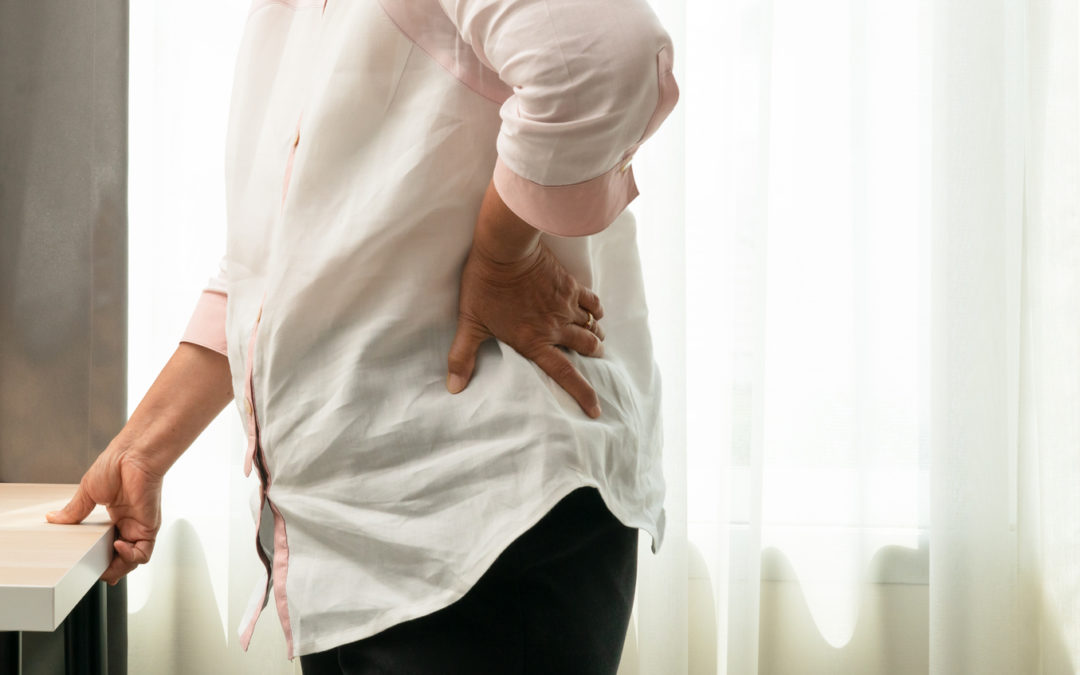Slipped disk: what is it?
A slipped disc can be painful. The bones in your spine are cushioned by disks. These disks are located between each of the bones, known as vertebrae, in the spinal column. These disks act as a shock absorber, from daily activities like twisting, lifting, and walking, for the vertebrae.
Each disc in your is made of two parts: a soft inner portion and a strong outer ring. A slipped disk is an injury or weakness that causes the soft inner portion of the disk to push through the outer ring. Along with pain and discomfort, if the disk compresses one of the spinal nerves, you will have numbness and pain along the nerve. Surgery may be required in severe cases to repair or remove the slipped disk. It is also possible to have no symptoms from a slipped disk, in this case, surgery is usually not needed to ease the problem.
How does a slipped disk happen?
A major contributor to a slipped disk is age. The disks in your spine will gradually lose fluid over time, this is known as degenerative disc disease. Small microscopic tears or cracks can form on the outer ring as the disk wears over time, this gives the soft interior a way to escape. The second most common cause of a slipped disk is trauma. When you twist your spine or lift something heavy, you can cause stress to the disk. High-impact trauma can also cause a disc to rupture, such as a fall or car accident.
You can suffer a slipped disk in several places along the spine because certain people are more vulnerable. A predisposition for slipped disks may exist in families where several members have been affected, according to research.
What are the symptoms?
You can suffer a slipped disk in any part of your spine, from your lower back all the way up to your neck. It is more common to have a slipped disk in the lower back.
Symptoms can include numbness and pain on one side of the body, pain that reaches your arms and legs, pain that worsens with certain movements and at night, worsening pain after sitting or standing, pain after walking a short distance, a tingling, burning, or aching sensation around the affected area.
These symptoms will vary for each person. However, you should see a doctor if your pain causes numbness that has affected your ability to move your muscles.
Are there any complications?
Permanent nerve damage can be caused by an untreated slipped disk. It can also cut off nerve impulses in your lower back and legs, these are rare cases. The symptoms may improve; however, they can also worsen if left untreated. It is time to see a doctor if you can’t perform the same activities that you once could.
Slipped disk treatment? Find the top Charlotte chiropractor
Slipped disks are common with men and women between the ages of 35 and 55 years old. If you have one or more symptoms of this condition, along with neck pain and weakness, you should see a doctor.
ChiroCarolina®, one of Charlotte’s premier chiropractic clinics, is known throughout the Southeast for providing the best chiropractic care in the Uptown Charlotte, NoDa, and UNCC college areas, conveniently located on North Tryon Street. Trust ChiroCarolina® in Charlotte: visited by patients throughout the south: North Carolina, South Carolina, Georgia, Florida, Virginia, and Texas.


Follow Us!